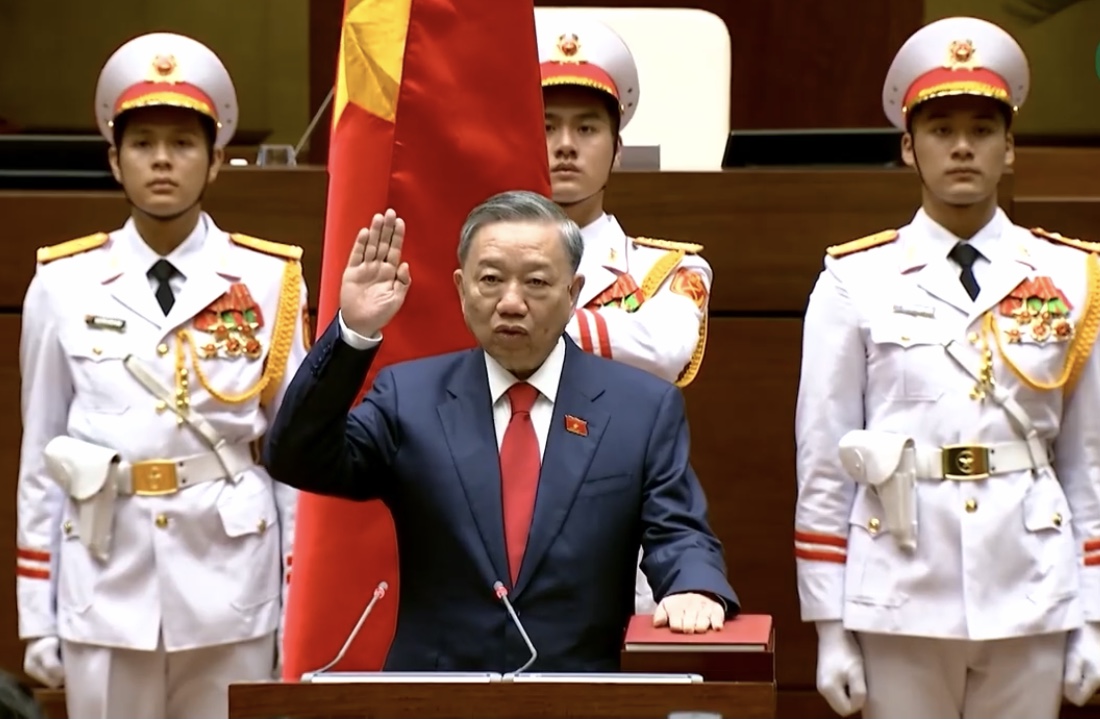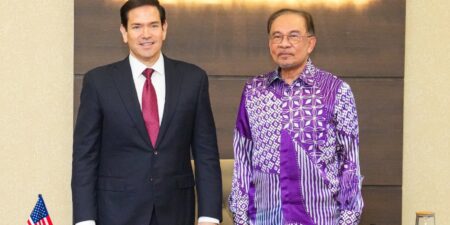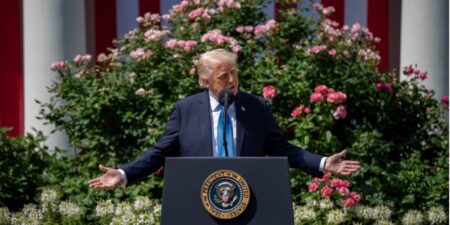BowerGroupAsia wrote an update to clients on President To Lam’s election as party general secretary.
Context
- A week after the late General Secretary Nguyen Phu Trong’s funeral, the Politburo of the Communist Party of Vietnam (CPV) held an extraordinary meeting on August 2 to decide his replacement and other key positions in the leadership of the party, the state and the government. Subsequently, the party Central Committee convened on August 3 to ratify the decision. President To Lam was elected as the new general secretary of the party. Although it has not been publicly announced, rumors suggest that Gen. Luong Cuong, current standing member of the party’s Secretariat has been selected to replace Lam as state president, and Tran Cam Tu, current chairman of the party’s Inspection Commission, was selected to replace Cuong in the Secretariat. The National Assembly’s upcoming meeting is expected to elect Gen. Cuong to the presidency.
- The Politburo and the Central Committee also made the decision to dismiss Deputy Prime Minister Le Minh Khai, Minister of Natural Resources and Environment Dang Quoc Khanh and the party chiefs of Quang Ninh and Tuyen Quang provinces due to their alleged involvement in corruption. These officials are, however, said to have resigned rather than being dismissed, signaling a more peaceful transition of power. With Khai’s departure, all the deputy prime ministers elected in 2021, have been removed. The three remaining deputy prime ministers were appointed in the last couple of years.
Significance
- The election of Gen. To Lam as the party general secretary begins the consolidation of power under his leadership in the coming years. With support from military Gen. Luong Cuong, who will likely be the state president, Gen. Lam will wield near-absolute power and influence in shaping key decisions within the party, including personnel in the coming political term (2026-2031), economic and foreign policies and key directions for the development of the country. Given his background in public security, some observers have been concerned whether economic development will receive a lesser priority, but on the other hand political uncertainty will likely be less of a concern. In his first public statement as the party chief, Lam emphasized national security and sovereignty in the current complicated global context and call for strengthening unity and purity in the party. With regard to strengthening the party, he emphasized continuity of the fight against corruption and individualism without exceptions and boundaries. Lam called for acceleration of administrative reform, improving transparency and publicity through digital transformation and creating an environment for normal legitimate activities. Regarding economic development, he confirmed the need to continue developing the market economy with modern socialist orientation and global integration. He mentioned investment, domestic production, environment protection, countering climate change and sustainable development as critical measures for economic development.
- Details of the cause for the departure of Deputy Prime Minister Le Minh Khai have not been announced, but they are alleged to be related to two corruption scandals at Saigon-Dai Ninh Tourism Investment JSC and Van Thinh Phat Group. Because Khai covered finance, banking and foreign investment, his replacement is critical for the country’s economic activities. It is still unclear who will replace him, but some rumors suggest that the current Minister of Finance Ho Duc Phoc may be the candidate. Meanwhile, given the north-south political balance in the Cabinet, a candidate from the south may be selected to fill this position, because all the remaining deputy prime ministers and the prime minister are northerners. Until Khai’s replacement is determined, businesses should anticipate that the decision-making process requiring the deputy prime minister’s approval will likely slow down.
Implications
- Because the top “four pillar” positions in Vietnam’s politics have been determined, the country’s leadership will now likely be more stable and certain in the coming years. But the reshuffle in the administration at both the central and local levels will continue at least until the end of the current political term (2021- 2025). The next national party congress is slated for early 2026.
- These changes will likely continue to affect the decision-making process in the relevant agencies and sectors. The continuing purge is expected to take place more peacefully with more resignations rather than arrests and prosecution.
We will continue to keep you updated on developments in Myanmar as they occur. If you have any questions or comments, please contact BGA Head of Research Murray Hiebert at mhiebert@bowergroupasia.com.
Best regards, BowerGroupAsia

BowerGroupAsia


























